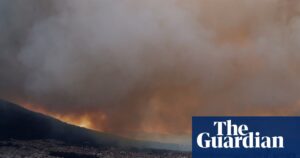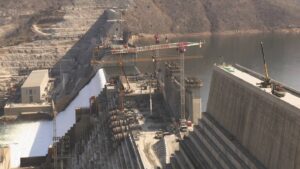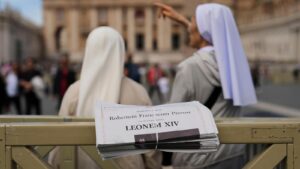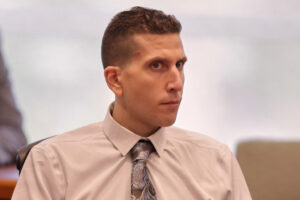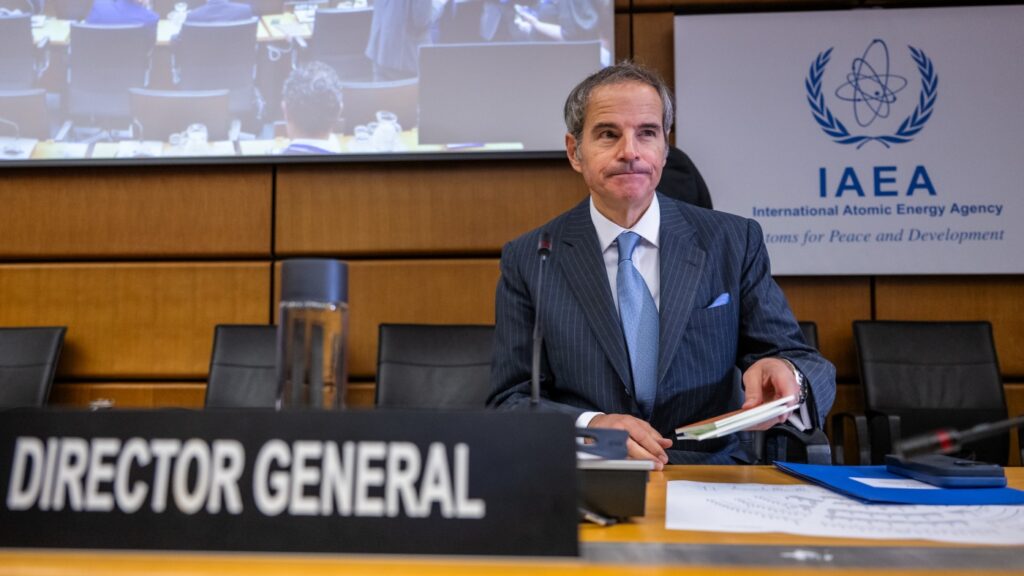
VIENNA, AUSTRIA - JUNE 23: Rafael Grossi, Director General of the International Atomic Energy Agency (IAEA), arrives for an IAEA Board of Governors meeting at the IAEA headquarters on June 23, 2025 in Vienna, Austria. The International Atomic Energy Agency (IAEA) Board of Governors is convening a meeting at the agency's headquarters to discuss the situation in Iran, following strikes by the United States on June 22, which targeted nuclear facilities in Iran. (Photo by Christian Bruna/Getty Images)
The head of the United Nations’ nuclear watchdog has warned that Iran could resume enriching uranium within months, following recent U.S. military strikes on its nuclear facilities. Rafael Mariano Grossi, Director General of the International Atomic Energy Agency (IAEA), made these remarks during an interview with CBS’s Face the Nation, which aired on Sunday.
Grossi stated, “They can have, you know, in a matter of months, I would say, a few cascades of centrifuges spinning and producing enriched uranium, or less than that.” His comments come in the wake of U.S. military action earlier this month that targeted three of Iran’s nuclear sites. The strikes were described by President Trump as having “totally obliterated” these facilities.
Assessing the Damage
While the U.S. administration has hailed the operation as a significant success, a preliminary report from the Defense Intelligence Agency suggests that the damage to Iran’s nuclear facilities may be limited. The report indicates that the nuclear program’s setback could be a matter of months rather than years.
Defense Secretary Pete Hegseth addressed the report, calling it a “preliminary, low-confidence report that will continue to be refined,” yet maintained that the operation was a “historically successful attack.” This discrepancy highlights the uncertainty surrounding the true extent of the damage inflicted on Iran’s nuclear capabilities.
Iran’s Nuclear Ambitions
Grossi emphasized that Iran’s nuclear ambitions remain a significant concern. “Iran had a very vast ambitious program, and part of it may still be there,” he noted, adding that Iran’s industrial capacity and technological sophistication in nuclear technology are well-established.
Despite the strikes, Grossi suggested that Iran might have relocated canisters of enriched uranium to undisclosed locations prior to the attack. The IAEA had previously reported that Iran possessed a stockpile of over 400 kilograms of highly enriched uranium. However, President Trump dismissed this possibility, citing logistical challenges and the element of surprise in the U.S. strikes.
“First of all, it’s very hard to do. It’s very dangerous to do. It’s very heavy, very very heavy,” Trump said regarding the potential movement of uranium.
International Implications and Next Steps
The potential for Iran to resume uranium enrichment poses significant implications for international security and nuclear nonproliferation efforts. The situation underscores the necessity for renewed diplomatic engagement and robust inspection protocols.
Grossi stressed the importance of resuming discussions between the IAEA and Iran, advocating for international inspectors to continue their work. “We have to go back to the table and have a technically sound solution to this,” he urged.
The announcement comes at a time of heightened tensions in the region and raises questions about the future of the 2015 nuclear deal, from which the U.S. withdrew in 2018. The deal had initially placed strict limits on Iran’s nuclear activities in exchange for sanctions relief.
Looking Ahead
The international community now faces the challenge of addressing Iran’s nuclear ambitions while maintaining regional stability. The potential for Iran to quickly resume uranium enrichment could complicate diplomatic efforts and necessitate a reevaluation of strategies to prevent nuclear proliferation.
As global powers navigate this complex landscape, the need for transparent communication and cooperation becomes ever more critical. The IAEA’s role in facilitating dialogue and ensuring compliance with nonproliferation agreements will be pivotal in shaping the path forward.
With the stakes high and the timeline uncertain, the world watches closely as diplomatic efforts unfold and the potential for renewed nuclear activity in Iran looms large.


